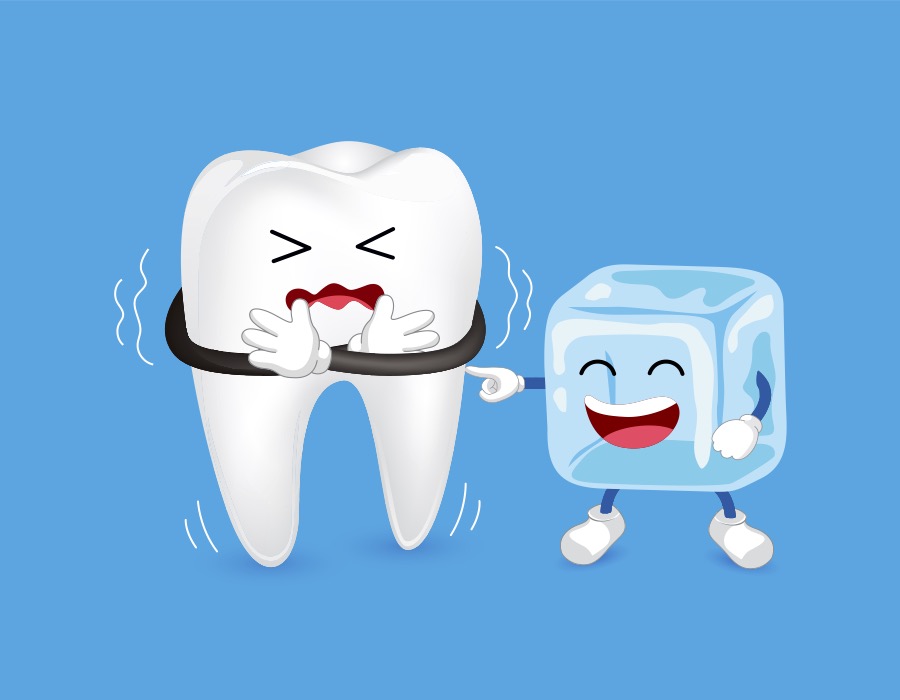
Tooth sensitivity, or dentin hypersensitivity, can be an uncomfortable and even painful experience. While this common dental issue affects millions of people around the world, there are treatments and ways to prevent it. Curious about relieving tooth sensitivity? Keep reading!
What is Tooth Sensitivity?
Sensitivity occurs when the inner layer of your teeth, called dentin, becomes exposed. Dentin is made of tiny tubules that lead to the nerve center of the tooth. When dentin is exposed, it can cause discomfort, typically in response to hot, cold, sweet, or acidic foods and beverages.
Common Causes of Hypersensitivity
Gum Recession: Receding gums can expose the tooth’s sensitive root.
Cavities: Tooth decay can lead to dentin exposure and sensitivity.
Aggressive Brushing: Brushing too hard can cause gum recession, wear down enamel, and expose dentin.
Teeth Grinding: Bruxism can cause enamel wear and dentin exposure.
Dental Procedures: Some dental treatments, like teeth whitening, may lead to temporary sensitivity. Other times, patients may experience sensitivity after a deep filling is restored.
Treating Tooth Sensitivity
Desensitizing Toothpaste: These toothpaste varieties contain compounds that block the transmission of pain signals from the tooth surface to the nerve. Remember, they can take two weeks to work.
Fluoride Varnish: Dentists can apply a fluoride varnish to strengthen the enamel and reduce sensitivity.
In Office Desensitizer: You can have your dentist or dental hygienist apply an in office desensitizer, such as Gluma. For some patients, Gluma reduces sensitivity in applied sections for up to 18 months.
Gum Grafting: For severe gum recession, a gum graft can replace lost tissue and protect the exposed roots.
Preventing Tooth Sensitivity
- Practice Good Oral Hygiene
- Use a Soft-Bristle Toothbrush
- Limit Acidic Foods and Drinks
- Wear a Nighttime Mouthguard
- Maintain Regular Dental Exams
Prevent Tooth Sensitivity in Grafton, MA
By understanding the causes, seeking appropriate treatment, and practicing good oral hygiene, you can enjoy a pain-free smile and a more comfortable life. Contact our office today to learn more about treating or preventing hypersensitivity!
Contact Us




